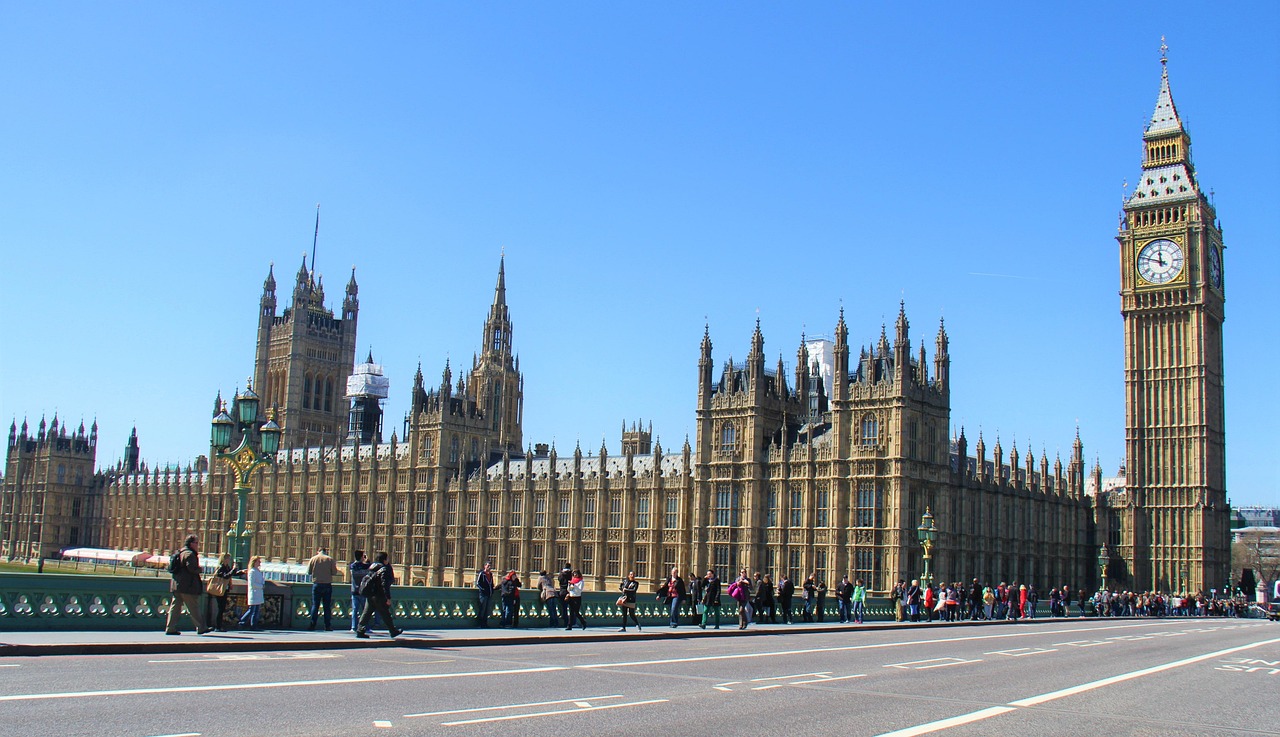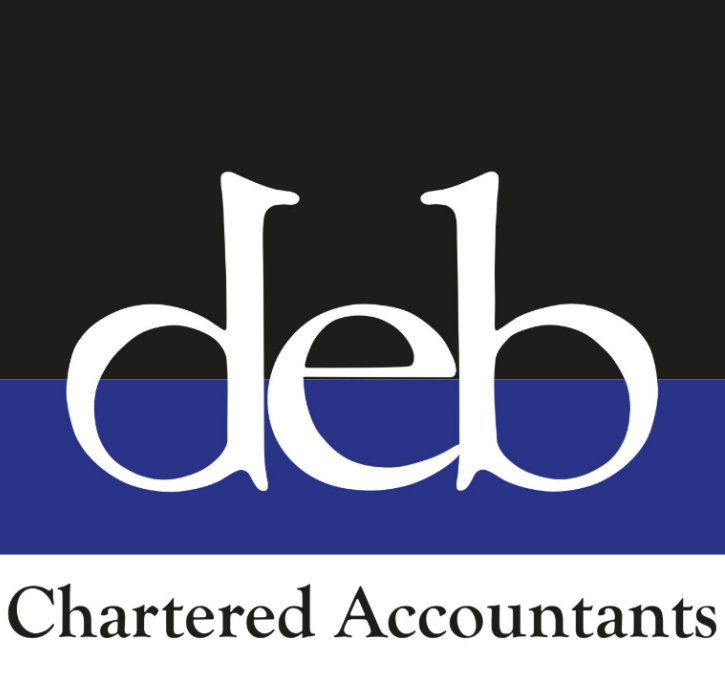
According to the latest figures released by the Office for National Statistics, the Consumer Prices Index (CPI) rose by 3.2% in the 12 months to March 2024. This is down from 3.4% in February.
The main reason for the change was that prices for food are rising by less than a year ago. The cost of meat, crumpets, and chocolate biscuits all fell, as did furniture and household goods.
Offsetting these falls, motor fuels have risen over the past year whereas they were falling a year ago.
Of course, while the inflation rate is lower, it is still positive which means that prices are still going up, albeit at a slightly slower rate.
A decreasing inflation rate does though provide some positive news for businesses. It could mean less pressure on your own costs and your profit margin. As the cost of living eases, the purchasing power of more consumers increases and this can create more demand.
The Bank of England will be watching the CPI to determine its next move on interest rates. While there is still a way to go to reach the 2% target, the latest news is encouraging that we may see a reduction in the base rate sooner rather than later.
See: https://www.ons.gov.uk/economy/inflationandpriceindices/bulletins/consumerpriceinflation/latest

From April, people drawing the state pension may see an increase of more than £500 a year, thanks to the government’s triple lock guarantee. The policy means the pension rises each year by whichever is higher: 2.5%, inflation, or average wage growth.

Small businesses looking to expand premises could soon find it easier following new government commitments to make business rates fairer. An interim report from the Treasury says that the Chancellor will examine ways to tackle “cliff edges” in the system - sudden jumps in rates that can discourage investment.
